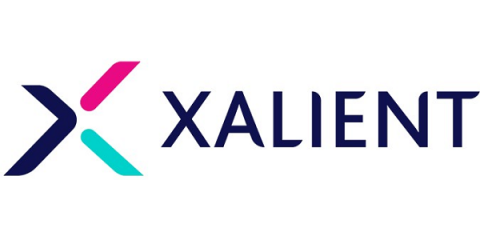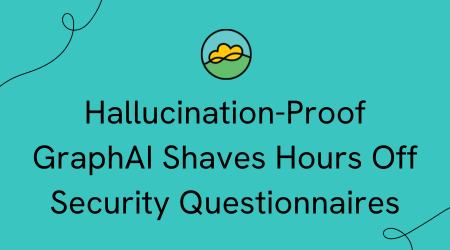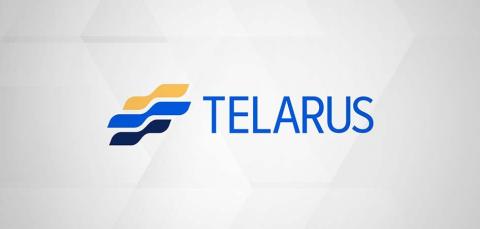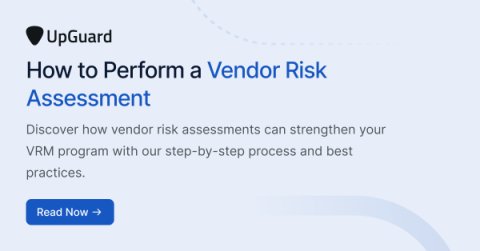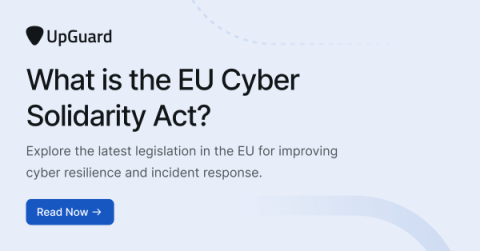Fueling Resilience: Strengthening Physical and Cyber Defenses in Oil Refineries
Oil refineries are pivotal nodes in the global supply chain in the vast and critical energy production landscape. They process crude oil into usable products like gasoline, diesel, and various petrochemicals. Therefore, they are always in demand, regardless of the market state. According to Statista, the global oil refinery market size was $1.5 trillion in 2023.




